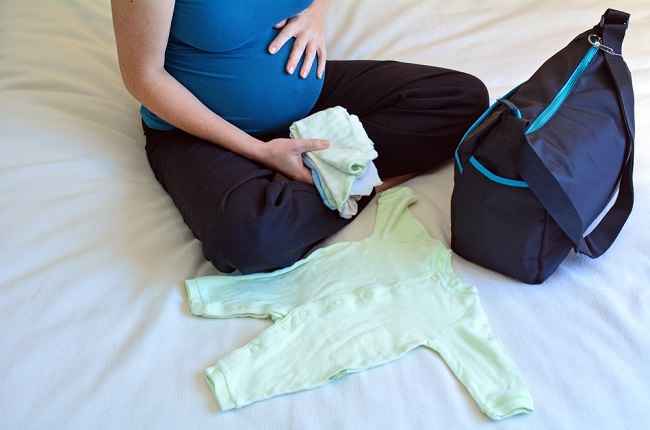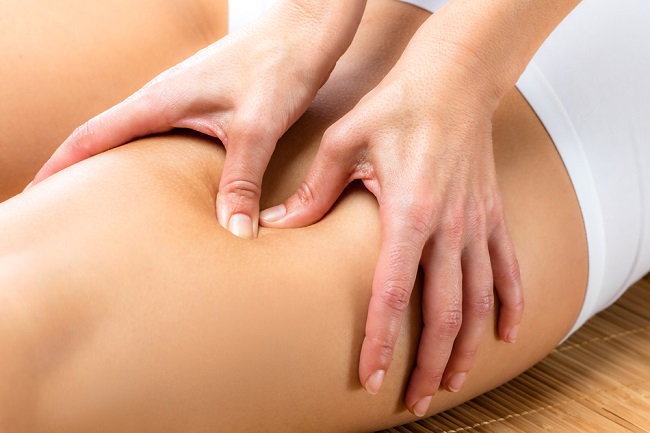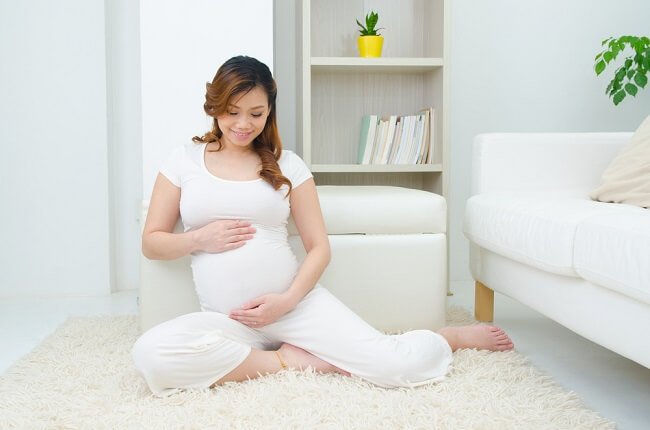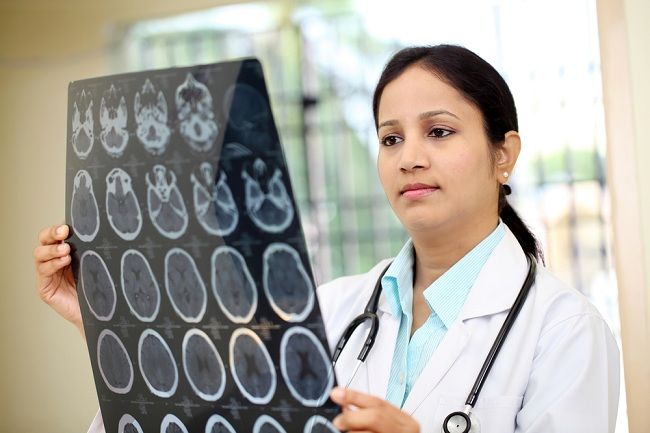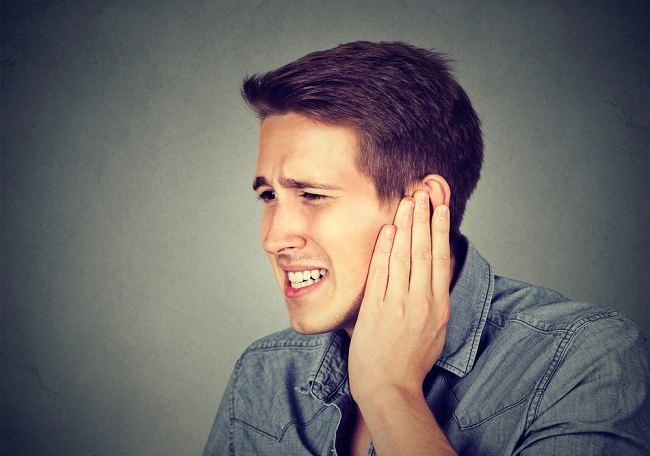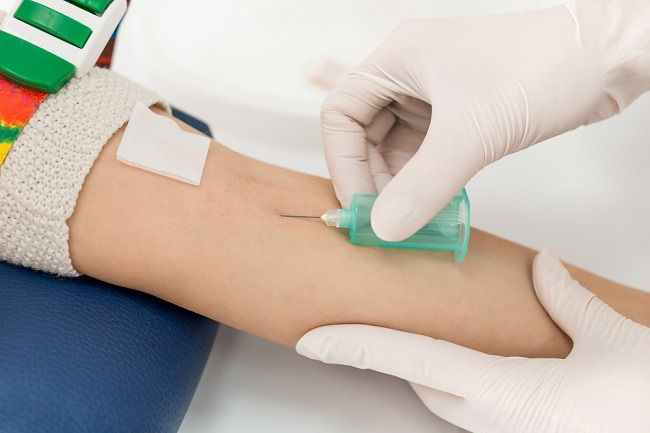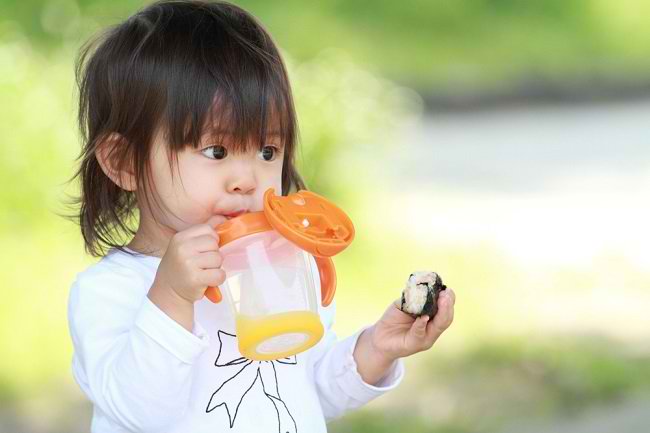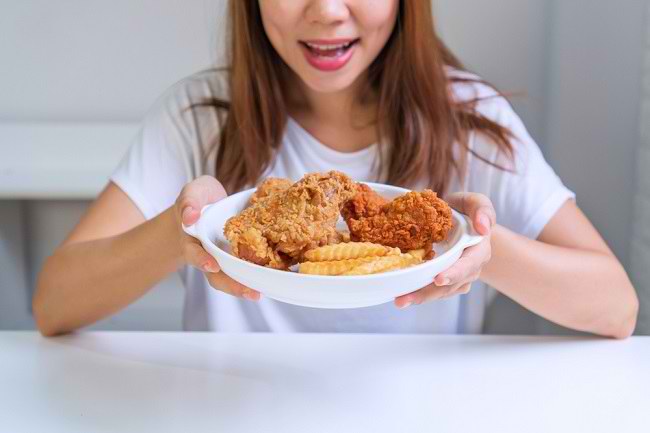Sodium picosulfate or sodium picosulfate is a drug to treat constipation or constipation. Sodium picosulfate belongs to the class of stimulant laxatives. This medicine should only be used according to a doctor's prescription.
Sodium picosulfate works by stimulating the lining of the intestines, causing a pristaltic movement which will eventually push the feces out. In addition to treating constipation, this drug is also used to clean the intestines before a colonoscopy or bowel surgery.

Trademarks of sodium picosulfate:Laxoberon
What is Sodium Picosulfate
| group | Prescription drugs |
| Category | Stimulant laxatives |
| Benefit | Relieves constipation and helps cleanse the intestines before a colonoscopy or bowel surgery. |
| Consumed by | Adults and children |
| Sodium picosulfate for pregnant and lactating women | Category N:Not categorized. It is not known whether sodium picosulfate is absorbed into breast milk or not. If you are breastfeeding, do not use this medicine without consulting your doctor first. |
| Drug form | Drops (drops) |
WarningBefore Taking Sodium Picosulfate
Before consuming sodium picosulfate, you need to pay attention to the following things:
- Do not take sodium picosulfate if you are allergic to this drug. Tell your doctor about any allergies you have.
- Tell your doctor if you have or have had colitis, liver disease, paralytic ileus, seizures, intestinal obstruction, heart disease, electrolyte disturbances, or have recently had gastric or intestinal surgery.
- Tell your doctor if you have severe stomach pain, nausea, or vomiting.
- Tell your doctor if you are pregnant, breastfeeding, or planning a pregnancy.
- Tell your doctor if you are taking certain supplements, herbal products, or medications, such as diuretics or other laxatives.
- See your doctor right away if you have an allergic reaction or overdose after taking sodium picosulfate.
Dosage and Rules for Use of Sodium Picosulfate
The dose of sodium picosulfate is determined based on the age, condition of the patient, and the body's response to the drug. In general, the following is a dosage of sodium picosulfate based on its purpose:
Purpose: Overcoming constipation or constipation
- Mature: 5–10 mg, once daily, taken at night or at bedtime.
Purpose: Helps cleanse the intestines before surgery or colonoscopy
- Mature: 10 mg, 2 times a day, taken in the morning and evening before the examination.
- Children aged >10 years: 5–10 mg, given at night.
How to Consume Sodium Picosulfate Correctly
Follow the doctor's advice and read the instructions on the medicine package before taking sodium picosulfate. Do not increase or decrease the dose without consulting your doctor first.
Sodium picosulfate drops orally (taken by mouth) should be taken at night or at bedtime. Shake the bottle of sodium picosulfate before consuming.
If you forget to take sodium picosulfate, take it immediately if the break with the next consumption schedule is not too close. If it is close, ignore it and do not double the dose.
You are advised to drink more water, exercise, or eat foods that contain fiber, such as vegetables and fruits, while undergoing treatment with sodium picosulfate. It aims to help restore bowel function.
Store sodium picosulfate at room temperature and in a closed container to avoid sun exposure. Keep this medicine out of reach of children.
InteractionSodium Picosulfate with Other Drugs
There are several drug interaction effects that can occur when sodium picosulfate is used with other drugs, namely:
- Increased risk of electrolyte disturbances when used with diuretics or corticosteroids
- Decreased levels of digoxin in the blood
- Decreased effectiveness of sodium picosulfate when used with antibiotics, such as doxycycline, erythromycin, or ethambutol
Side Effects and Dangers of Sodium Picosulfate
One of the effects of using sodium picosulfate or laxatives is bowel movements that become more frequent or the consistency of stools becomes more fluid.
In addition, other side effects, such as nausea, vomiting, bloating, stomach upset, or headaches, may also occur. Check with your doctor if the side effects mentioned above do not subside or are getting worse.
You should see a doctor immediately if you experience an allergic drug reaction or more serious side effects, such as:
- Diarrhea with dehydration
- Severe dizziness until fainting
- Seizures
- Fast or irregular heartbeat
- Very heavy stomach ache
- There is blood in the stool
- Infrequent urination or very little amount of urine
